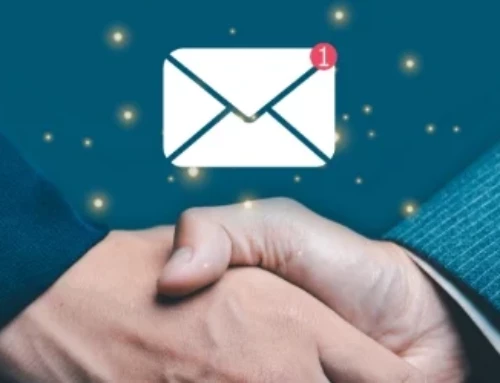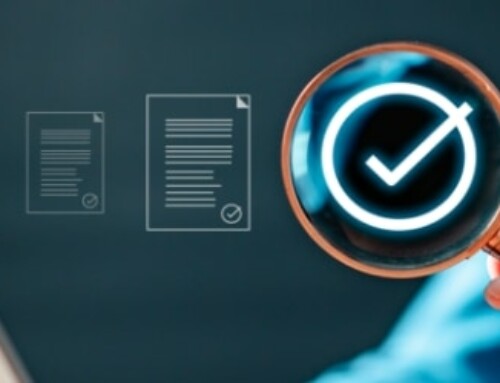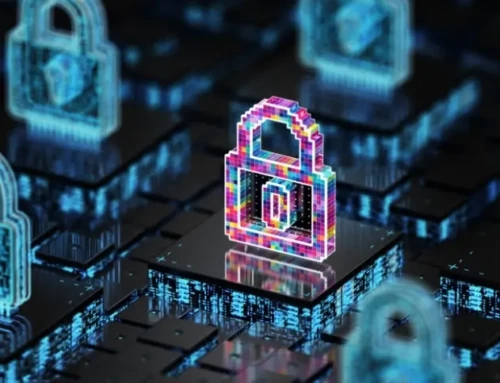Online accounts are treasure troves of valuable data, and that’s precisely why they’re so appealing to malicious actors. If hackers can gain access to one of your accounts, they can potentially steal sensitive company information or even use your credentials to commit fraud.
Yet, despite the risks, it’s astonishing that many users still rely solely on passwords to secure their accounts. In the face of sophisticated cyberthreats, passwords alone are no longer sufficient. To protect business accounts from attack, enabling multifactor authentication (MFA) is absolutely essential.
What is multifactor authentication?
MFA prevents unauthorized access to accounts by adding extra steps to the login process. Instead of only requiring users to enter their passwords, MFA also requires them to authenticate their identities by presenting additional forms of credentials or authentication factors.
- Knowledge factor – involves something the user knows, such as a username, password, PIN, or security questions. Most online accounts will require a user to provide some form of knowledge factor as the primary authentication method.
- Possession factor – refers to something the user has, such as a phone or a USB security key. These devices will typically generate a one-time passcode or token that users must enter in addition to their password to gain access. This factor is designed to verify that the user has physical access to a device that is linked to their account.
- Inherence factor – involves something the user is, such as a fingerprint, facial ID, or retina scan. These biometric authentication methods are becoming increasingly popular because they’re difficult to replicate or steal, plus they’re often more convenient and user-friendly than traditional logins.
The pitfalls of a password-only defense
Users who follow password best practices, such as using long and unique passwords and changing them regularly, will certainly improve their chances of preventing a breach. However, not even the most stringent password practices can guarantee security for accounts.
The technologies behind today’s cyberattacks are evolving at a breakneck pace. For instance, advanced brute force attacks are now capable of quickly guessing thousands of different password combinations. That means hackers can crack even a long and complex password given enough time and effort.
Other cybercriminals also employ keyloggers, which are malicious programs that record and transmit all keystrokes made on a compromised device. Others may use network sniffers to search for passwords traveling across networks in plain text or exploit vulnerabilities in an organization’s infrastructure to gain access to password databases.
This is all assuming that every user in your company’s network is diligent with their passwords. In reality, many users will take the convenient and unsafe route, using generic passwords such as their birthdays and using the same credentials for multiple accounts. The worst password offenders may even write them down in plain view or save them on a text document, where they are freely accessible to any prying eyes.
The same users with no regard for password security may also be vulnerable to social engineering attacks like spear phishing scams. By sending out malicious emails disguised as legitimate ones, hackers can trick users into divulging their passwords and sensitive information.
Ultimately, betting the security of your accounts on passwords is a recipe for disaster.
How does MFA benefit businesses?
By implementing MFA, businesses stand to gain a range of benefits:
Reduced password vulnerabilities
MFA directly addresses the shortcomings of password-only security by supplementing it with additional factors.
Even if employees set weak passwords or fall for phishing scams, hackers will still need to guess or steal the additional authentication factors in order to gain access.
Fortunately, biometric and possession factors are much harder to copy or steal, providing an effective deterrent against account hijacking. With MFA, the reliance on people being vigilant with their passwords is greatly reduced, reducing the risk of data breaches attributed to human error.
Greater security posture
Leveraging MFA greatly increases your company’s security posture against various threats.
For one, password-stealing threats such as brute force attacks, keyloggers, and data interception attacks are rendered moot if hackers still need to present additional factors to gain unauthorized access.
Furthermore, adding more verification steps for your most sensitive assets can keep rogue employees from accessing confidential data. With MFA, you can keep a tighter grip on who has access to what while ensuring that only authorized personnel can gain access to privileged accounts.
Regulatory compliance
Many industries operate under stringent regulations and compliance standards that mandate robust security measures to protect sensitive data. These regulations include HIPAA and PCI DSS.
Enabling MFA demonstrates that your organization is taking the necessary precautions to secure customer data and protect against unauthorized access. As a result, you can remain compliant with the various regulations governing your industry while preserving your reputation as responsible handlers of sensitive information.
Related reading: Find out more about HIPAA and PCI DSS security requirements
Economical investment
For the security and convenience that MFA provides, it’s surprisingly inexpensive. Google and Microsoft, in particular, offer free authenticator apps that generate one-time passcodes for MFA-enabled services.
If you’re looking for a more comprehensive business option, enterprise MFA software goes for as low as $3 per user per month. Subscription offerings vary between providers, but they also usually provide additional features on top of MFA, such as single sign-on, access management, and device health checks.
Protected remote environments
Hybrid or remote working arrangements have become the norm in many industries. As more users log in to accounts from outside the protection of the corporate firewalls and network security, companies need a more flexible security solution.
MFA is suitable for remote work because it protects company accounts and data rather than the network they’re being accessed from. By enabling MFA, businesses can ensure that only the right people have access to sensitive data, no matter where they’re logging in from.
Any business that is serious about security should adopt MFA as a key component of its defense. Whether you’re looking to protect customer data or meet regulatory compliance requirements, having an extra layer of authentication can go a long way in safeguarding your accounts and assets. Dynamic Solutions Group can help you find and implement the right MFA solution for your business. Contact us today to get started.






